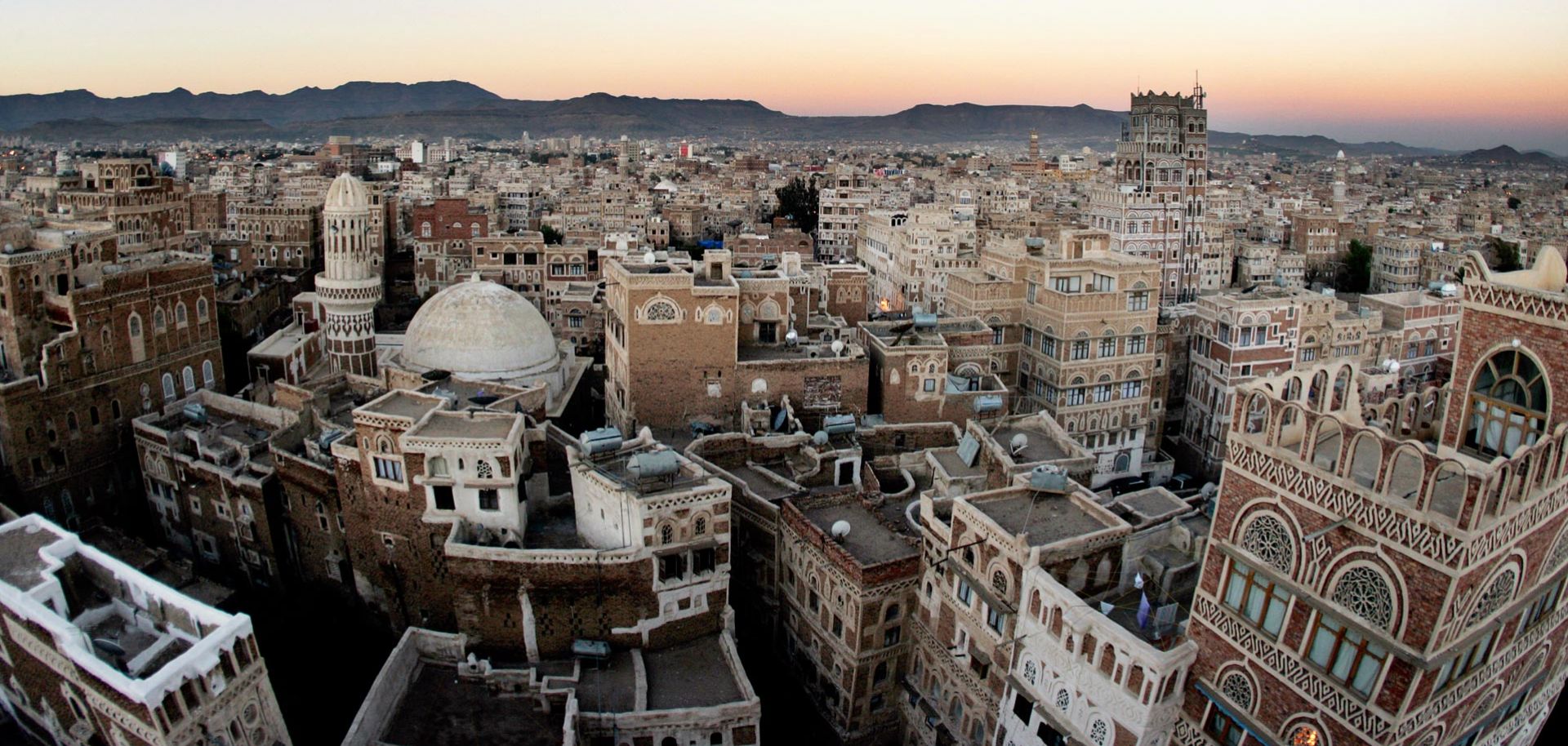In many ways, the tenuous political unity that Yemen achieved in its 1990 unification was an anomaly. The country is fractured today as much as ever, not only because of ethnic and religious differences but also by the civil war that has ravaged it since late 2014 -- a war that is, to a great extent, a rehashing of the struggles that have persisted throughout the country's history.
The parties involved in the conflict will return to the task of finding a way forward for the country when peace talks resume in Kuwait on July 15. And it will not be easy. In February 2014, a federalist system was proposed to solve Yemen's discord more than a year after a Gulf Cooperation Council-brokered deal forced longtime President Ali Abdullah Saleh to resign. That plan failed, like so many similar plans before it, stymied by the insurmountable difficulty of merging Yemen's...

